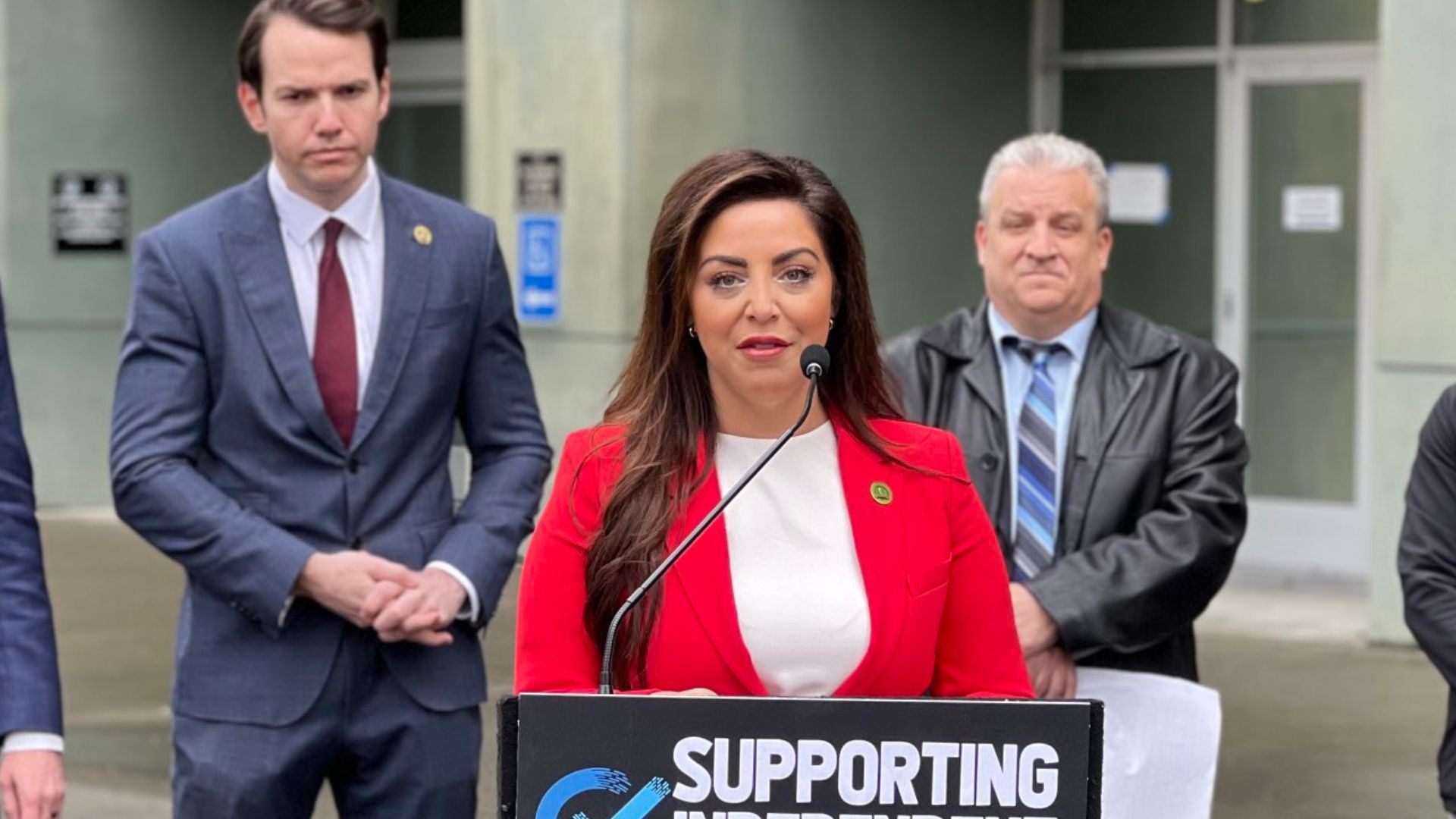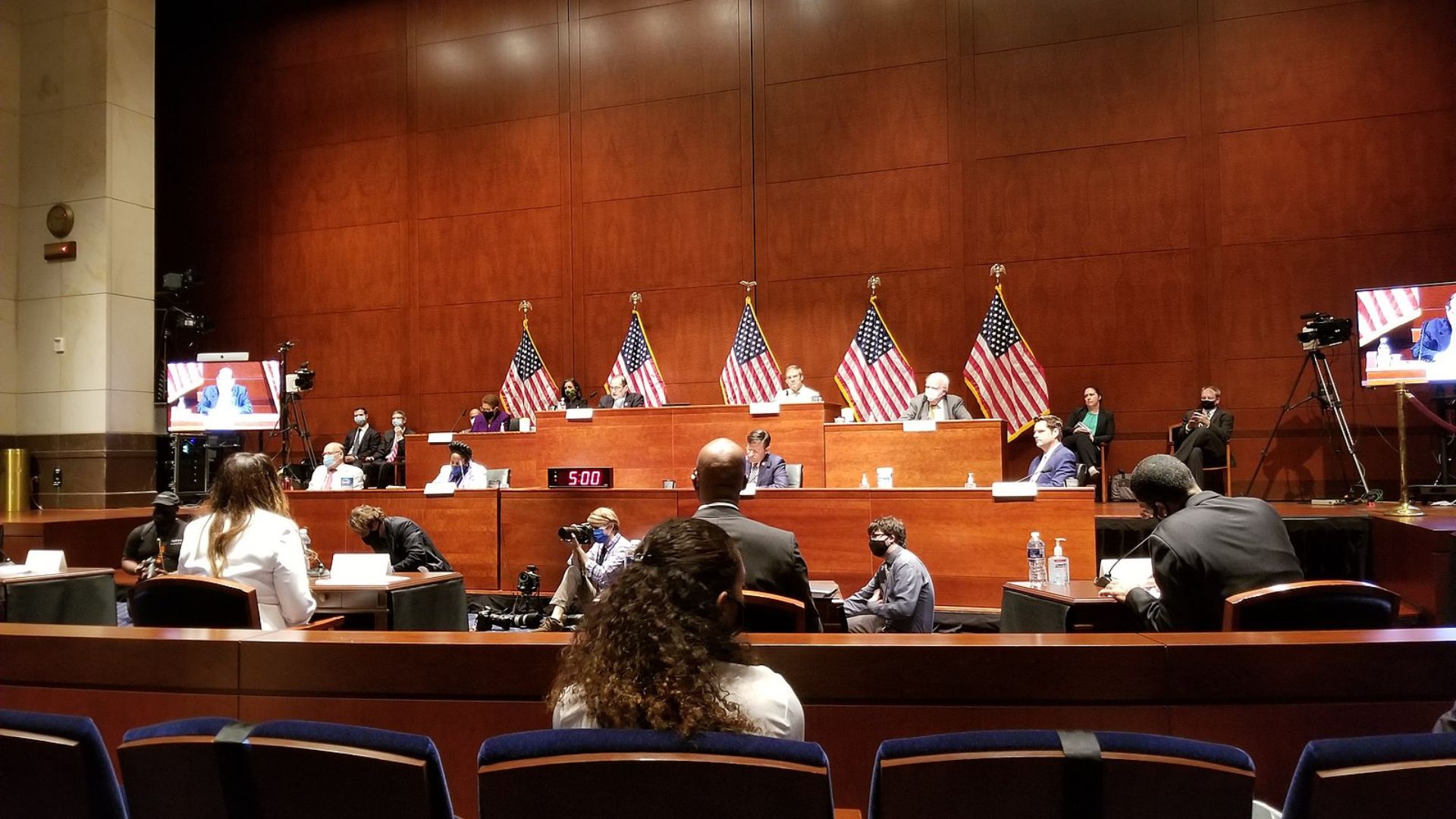A bill in California has ignited significant debate for proposing protections against deportation for illegal immigrants convicted of violent crimes.
This legislation has drawn attention for its potential impact on public policy and immigration law, challenging conventional norms around criminal justice and immigration enforcement.
Assemblywoman Expresses Concern Over Legislation

California Assemblywoman Kate Sanchez voiced her concerns about the bill on “Fox & Friends,” describing it as “shocking” and “mind-blowing.”
Her comments highlight the contentious nature of the proposal, which has stirred discussions on the appropriateness of providing such protections to individuals convicted of serious crimes.
The Importance of Transparency and Accountability

During her appearance on “Fox & Friends,” Sanchez emphasized the importance of transparency, particularly concerning how taxpayer dollars are utilized.
She expressed that “our California voters and people across the nation deserve transparency” and the right to know how their contributions are being allocated, especially in controversial matters such as this bill.
Introduction of the REP for All Immigrants Act

The bill, formally known as the Representation, Equity and Protections (REP) for All Immigrants Act, was introduced by Democrat Assemblyman Reggie Jones-Sawyer.
It aims to remove restrictions on grant funds for providing legal services to immigrants convicted of violent or serious felonies, according to the bill’s official summary.
Funding Sources for the Proposed Changes

The proposal seeks to utilize funds from the One California program, which annually allocates $45 million in grants to non-profits for free immigration legal services.
This move to extend legal aid to those convicted of certain crimes underlines the bill’s ambitious scope in reshaping access to immigration services.
The Bill’s Aim for Second Chances and Racial Justice

Assemblyman Reggie Jones-Sawyer defended the legislation, stating, “As long as I have been in the state office, I’ve worked towards ensuring the people are given a second chance.”
He highlighted the bill’s goals of ensuring racial justice and equitable access to crucial immigration services for all individuals, regardless of their criminal history.
The Potential Expansion of Legal Services

If passed, the legislation would not only end current restrictions on funding for legal representation but also broaden the range of services provided.
This includes adding interpreters, social services, and covering litigation costs, which would significantly expand the support available to convicted immigrants.
Concerns Over the Use of Taxpayer Dollars

Assemblywoman Sanchez criticized the bill for potentially directing taxpayer dollars to support convicted illegal immigrants, allowing them to remain in California.
She also raised concerns about the bill’s broader implications, suggesting it might attract individuals with similar convictions from across the United States.
Public Figures and Critics Weigh In

The bill attracted attention from various public figures, including Elon Musk, who questioned the proposal’s merits on the social media platform X, formerly known as Twitter asking, “When is enough enough?”
This reflects the wide range of scrutiny and debate the bill has sparked among both politicians and the public.
The Decision to Shelve the Bill

Following significant backlash, the decision was made to shelve the bill.
Sanchez attributed this outcome to the concerted efforts of its critics and the overwhelming response from the community, indicating the power of public opinion in legislative processes.
Last-Minute Amendments and Committee Actions

Sanchez revealed that the bill was amended late at night and pushed through the Judiciary Committee in a hurried manner.
However, the bill was pulled before further advancement, highlighting the dynamic nature of political advocacy and decision-making.
The Future of the Controversial Proposal

While currently shelved, the future of the bill remains uncertain.
“It’s not dead, but it’s shelved,” said Sanchez, leaving open the possibility for further discussion or modification.
